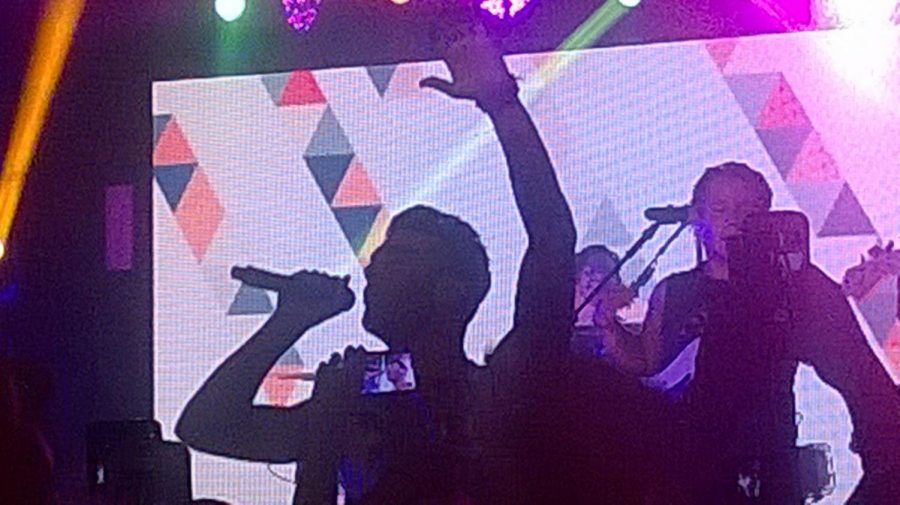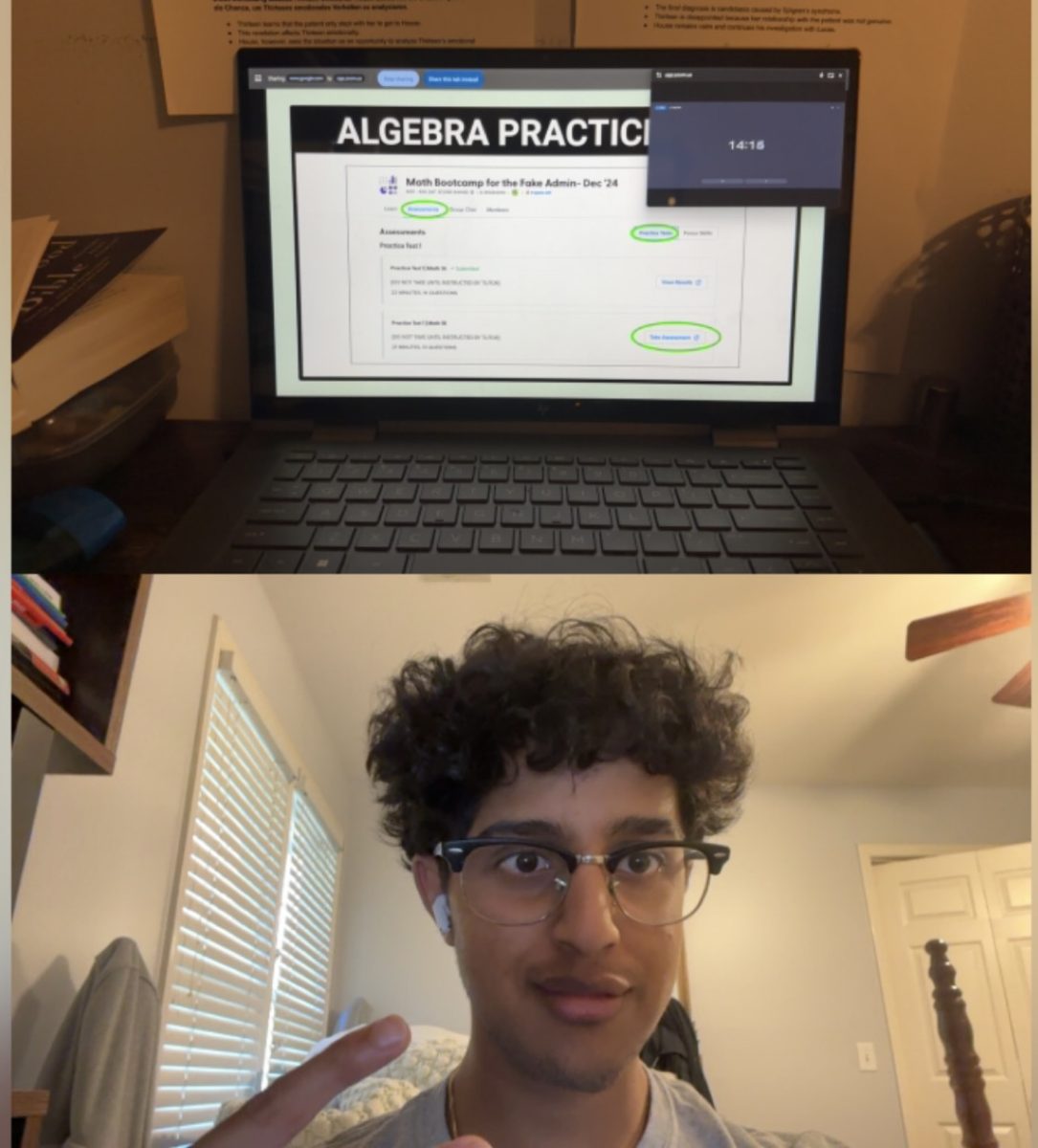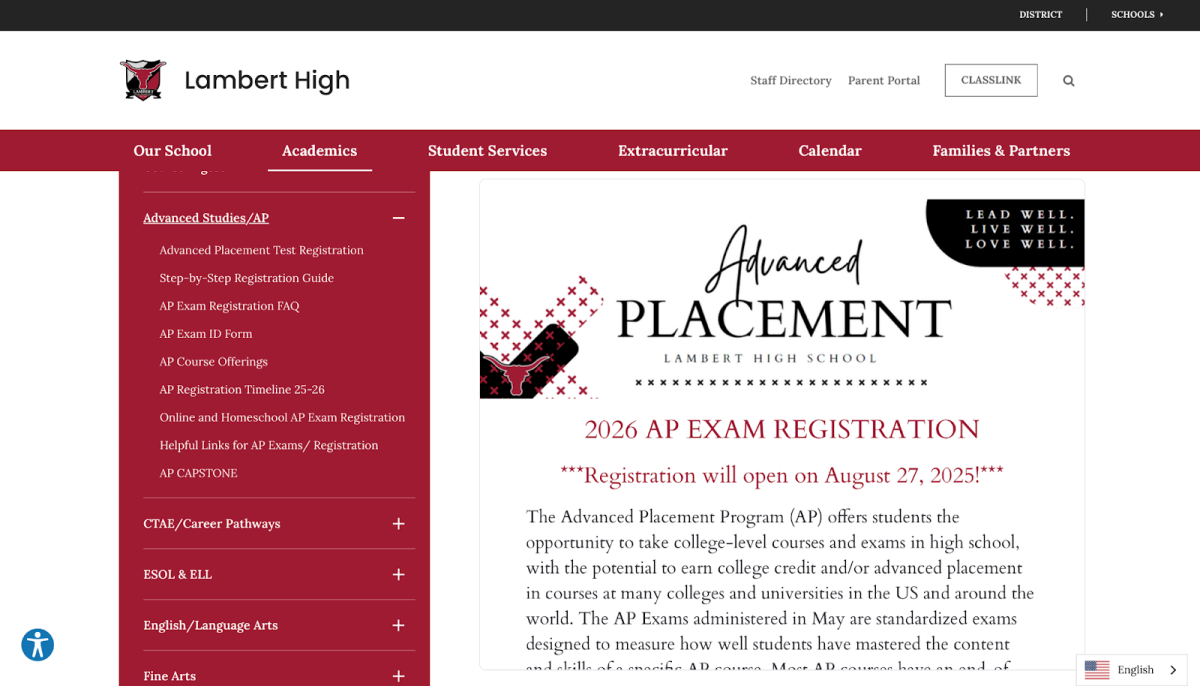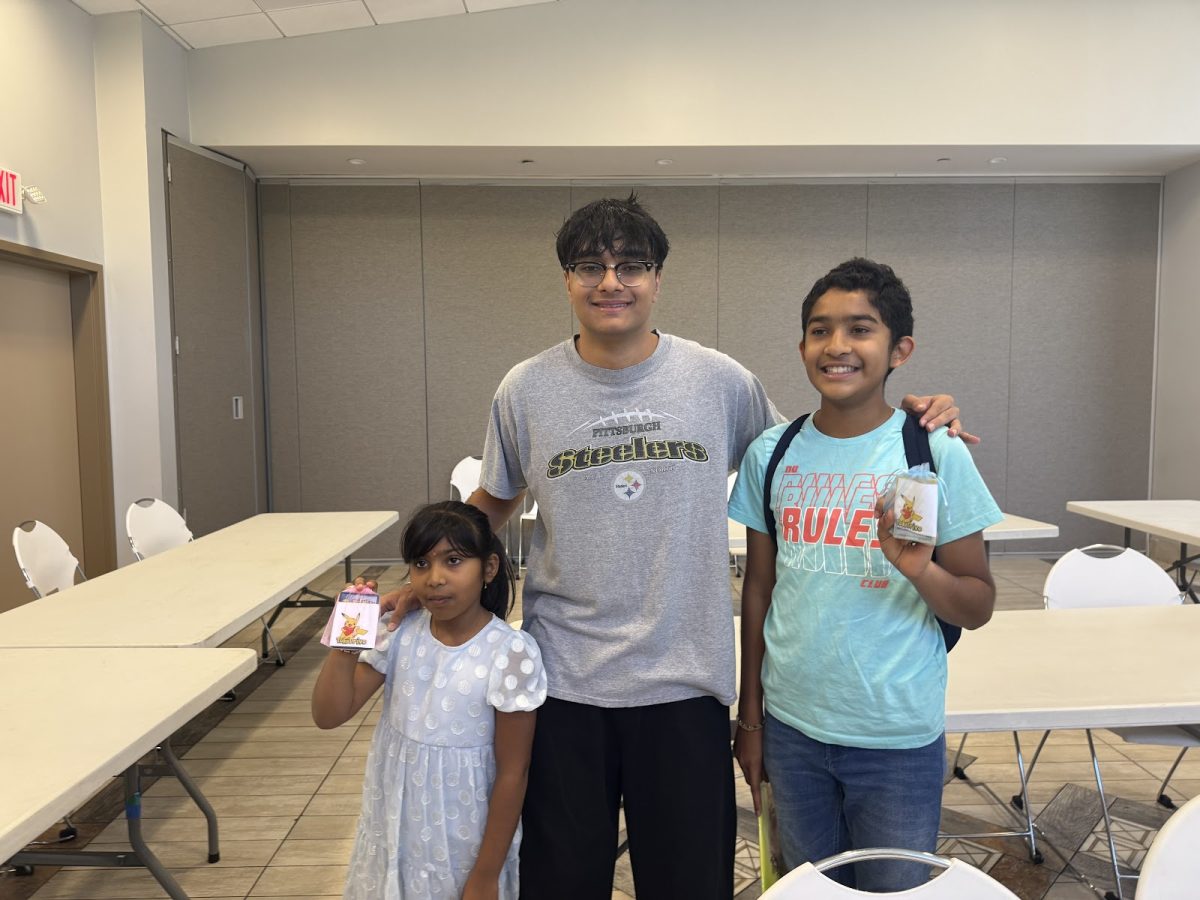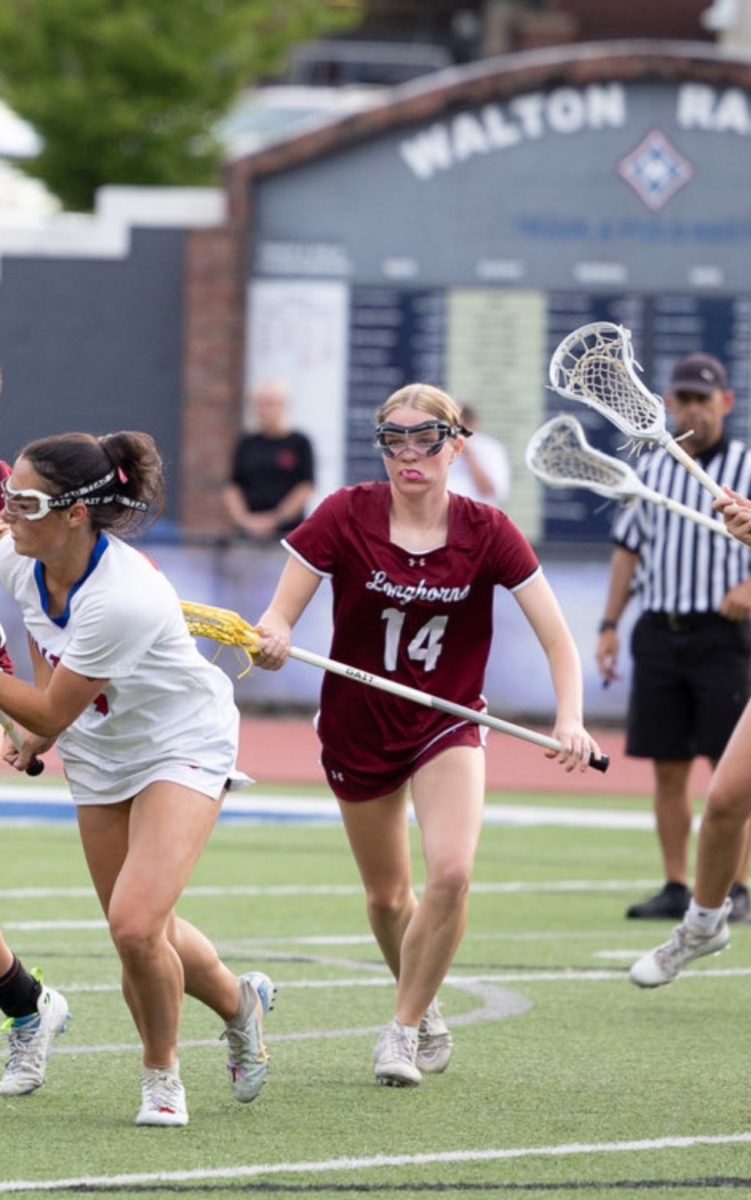The changing atmosphere of concerts
Concerts have been transformed due to the appearance of a known risk for violence, stressed by the increasing presence of security and recent events.
November 1, 2017
At my first concert, the night started with me standing in Buckhead Theatre, feeling internally numb and isolated due to the typical, seemingly never-ending, complications in my life. As a sea of strangers flooded the floors of the theatre, I began to feel my insides shift, as my senses became mesmerized by an inexplicable sense of unity and support radiating from those around me. My heart raced with the dimming of the lights, and I felt myself shiver as a stunning silence fell over the soft chatter rumbling through the crowd. It was an intoxicating moment where I was rendered speechless by the common sense of looming anticipation amidst a diverse body of people, and the calming ambiance of the venue. The warm glow radiating from the luminous stage melted the ice that held my emotions captive. When American Authors took the stage, I began to feel again, the sounds of music lifting my soul from it’s cage. I remember how swiftly my anxieties fled, and how happy I felt for what seemed like the first time in ages. After that night, I was addicted to the healing ambiance of the concert.
I wish more people could have been there to experience the thrill and sense of unity I found myself encompassed by- mostly because that emotion and sense of security has gone extinct. On June 10, 2016, for the first time in my life I witnessed the atmosphere of the concert take the bullet just as Christina Grimmie did in Orlando, Florida. Her assailant shot her at a meet-n-greet following her concert in the near vicinity. Grimmie died within a matter of hours, and that night all I could do was shudder, because less than twenty four hours prior to the incident, a few of my friends had been describing her concert and marvellous appearance in Atlanta. The loss felt real, as though she wasn’t just an icon from the magical world hidden behind the impenetrable glass of my TV screen. She touched the hearts of all those around her, and her talent brought endless joy. The atmosphere of the concert would never recover from this calamity, because within a few days, another massive incident of violence would erupt in a nightclub nearby.
Helplessly, I observed as the safe nature and sense of unity encompassing entertainment venues took another beating with the violence which unfolded two days later in the Pulse Night Club, also in Orlando, Florida. This nightclub violence, designated as one of the worst mass shootings in the history of United States, followed only a year after the Le Bataclan shooting incident in Paris on November 13, 2015- also known as the deadliest concert shooting of all time. After gunman Omar Mateen open fired on attendees at 2 a.m. local time, the pain of the LGBTQ community resonated strongly with me. They had lost a place where they had felt safe and accepted for who they are, just as I had felt when Christina Grimmie was stolen from the world two days earlier.
On May 22, 2017, ferocious explosions dragged off the reputable ambiance of concerts to it’s deathbed as Ariana Grande ended her concert in Manchester. As she left the stage, explosions took the exiting crowd by surprise, injuring 59 and killing 22 unsuspecting victims. ISIS later claimed responsibility for the attack. As I watched the scarring news notifications flash across my phone screen, the part of my heart that first fell in love with concerts all those years ago in Buckhead Theatre disintegrated. The place I imagined as my “happy place” or “safe haven” whenever I was stressed no longer existed in my mind. All that was left in the cracks of my heart was pure terror, which ultimately stopped me from ever attending concerts again to date. Music had been my lifelong escape from crippling realities such as these events, but with the now known risk of violence at open-air and other entertainment venues, music could no longer save me.
The safe nature of the concert died only a few weeks ago on October 1, 2017, with the massive shooting that took place at the Jason Aldean concert in Las Vegas. With the death toll above 58 and 515 people with substantial injury, this incident claimed the title of the worst concert shooting in the history of the United States.
“This world is becoming the kind of place I’m afraid to raise my children in”, stated singer Jason Aldean.
Historically, these events have happened with minimal frequency. According to a timeline sponsored by Billboard, the past three years have seen more incidents of violence at concerts than those occurring in the years spanning from 1960 to 2000. With the increasing frequency, there has been a respective demand for an increase in concert security. With increasing security we are giving in to the fear brought about by massive acts of terror and violence, and perhaps instilling a bit of fear every time someone is asked to submit their handbag for a check as they enter a venue. Security is costly (both literally and emotionally), but it is undoubtedly necessary. After the Jason Aldean concert, I had a revelation. My love for music and the emotions associated with concerts should overcome the fear instilled by news of these events. I made a vow that night to never let tragedy define me. Security should be welcome so long as people remember that when we feel fear, that only means that the perpetrators of negative actions have won by receiving their desired reaction.
I beg to anyone who will listen, the concert is worth saving, and so are the people who bask in it’s safety. The only way to save the concert is to acknowledge the risks, but never let the fear overcome the love. The enemy will win the day that we crumble in terror and forget what it means to be human: supporting one another unconditionally.
As stated by Jason Aldean, “At the end of the day we aren’t Democrats or Republicans, Whites or Blacks, Men or Women. We are all humans and we are all Americans and it’s time to start acting like it and stand together as ONE!” he added. “But we have a long way to go and we have to start now.”



